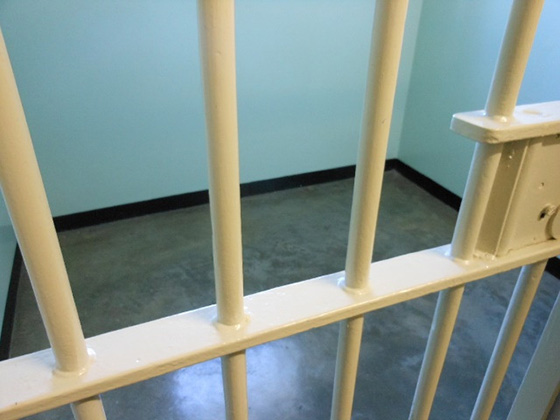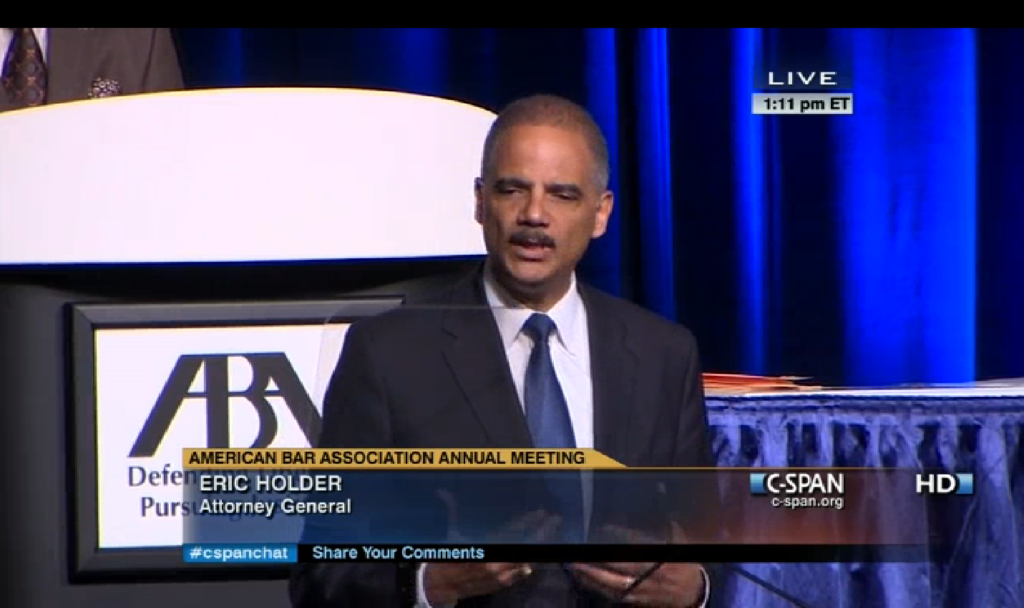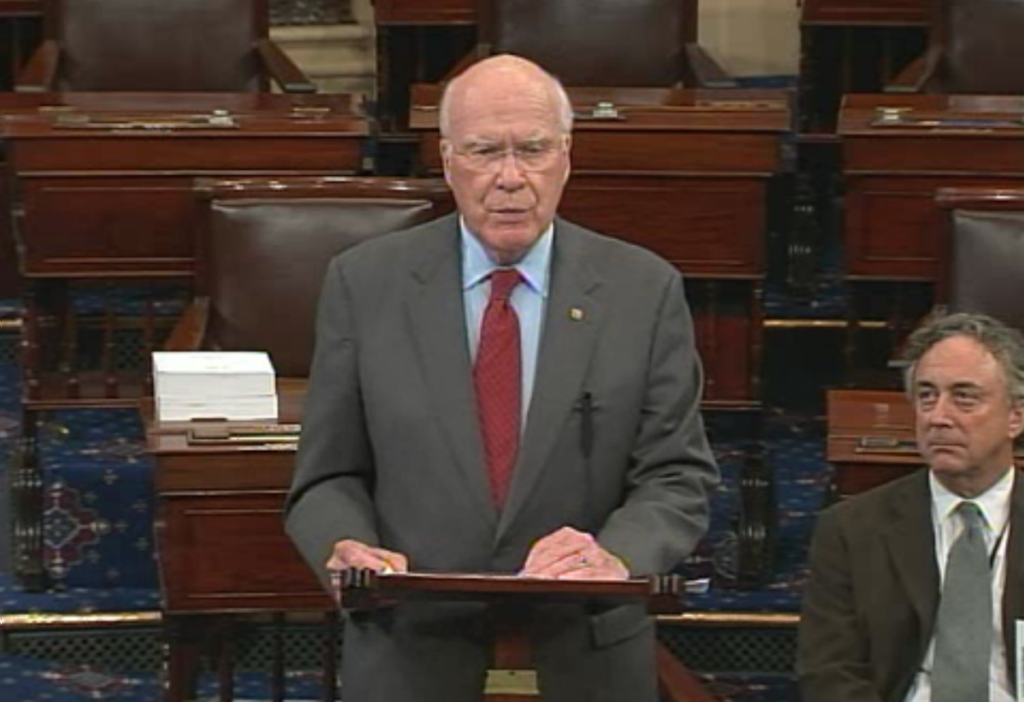An Important First Step on the Path to Criminal Justice Reform
By Amelia Collins, Associate Policy Analyst, NCLR
Nearly three weeks ago, a bipartisan group of senators introduced S. 2123, the Sentencing Reform and Corrections Act of 2015, to remediate the ills of mass incarceration that plague American society and affect communities of color. We have long advocated for meaningful criminal and juvenile justice reform, and S. 2123 is an important first step. This week, the Senate Judiciary Committee held a mark-up of the bill and voted to report it favorably to the full Senate.
Criminal justice reform is crucial for our community. Latinos and African Americans experience discrimination and disparate treatment at every stage of the criminal justice system. Most recent data show that nearly 21.6 percent of the state and federal prison population is Hispanic, even though Latinos represent just 17.4 percent of the U.S. population. The disproportionate number of imprisoned Latinos can be attributed in large part to decades of “tough-on-crime” policies that lack culturally appropriate prevention and reintegration programs. We support S. 2123 because, among other merits, the bill contains several provisions that address factors contributing to inequities among ethnic and racial groups. Specifically, the Sentencing Reform and Corrections Act of 2015 would:
Keep up with the latest from UnidosUS
Sign up for the weekly UnidosUS Action Network newsletter delivered every Thursday.
- Reduce certain mandatory minimums for nonviolent drug offenses and eliminate the “three strikes” mandatory life sentence policy.
- Permit the retroactive application of the Fair Sentencing Act and other sentencing reforms that have been written into law. Sentencing disparities for crack and powder cocaine have led to a disproportionate number of Latinos and Blacks convicted for drug crimes and serving lengthier sentences than their White peers. NCLR has worked at the state level in California to address this issue and is pleased to see similar federal reforms.
- Allow juveniles convicted as adults and sentenced to life imprisonment to apply for parole after serving 20 years.
- Limit the use of solitary confinement for juveniles in federal custody.
- Permit nonviolent juveniles convicted in federal court to have their criminal records sealed or expunged in certain circumstances.
- Provide for greater judicial discretion in sentencing, creating a second safety valve for low-level offenders facing a 10-year mandatory minimum.
- Strengthen recidivism reduction programming and allow prerelease custody for low-risk inmates.
Congressional effort to mitigate mass incarceration through commonsense reforms is praiseworthy, and we encourage leadership to consider other bipartisan bills, such as the Fair Chance Act and H.R. 3713, which contain reforms similar to the Sentencing Reform and Corrections Act.
For too long, Latinos have been disproportionately incarcerated and sentenced too harshly. NCLR is encouraged to see bipartisan action from both chambers of congress to address an issue that so greatly affects our community—but rhetoric must be followed by reform.



